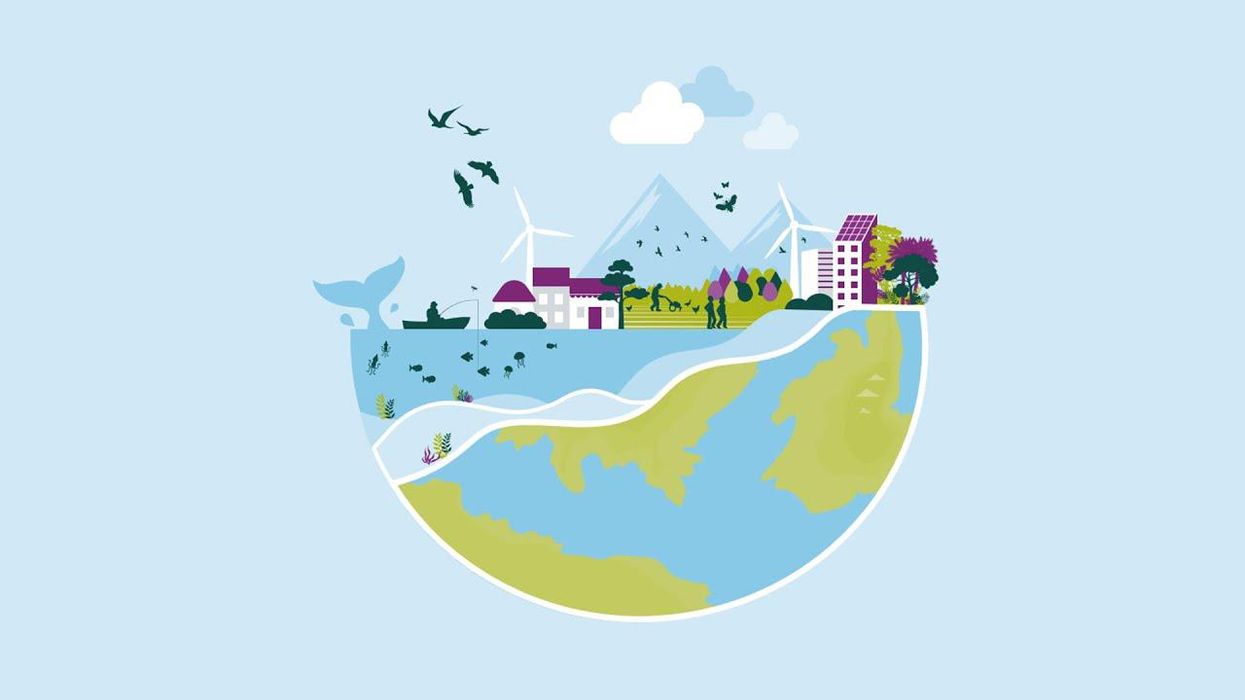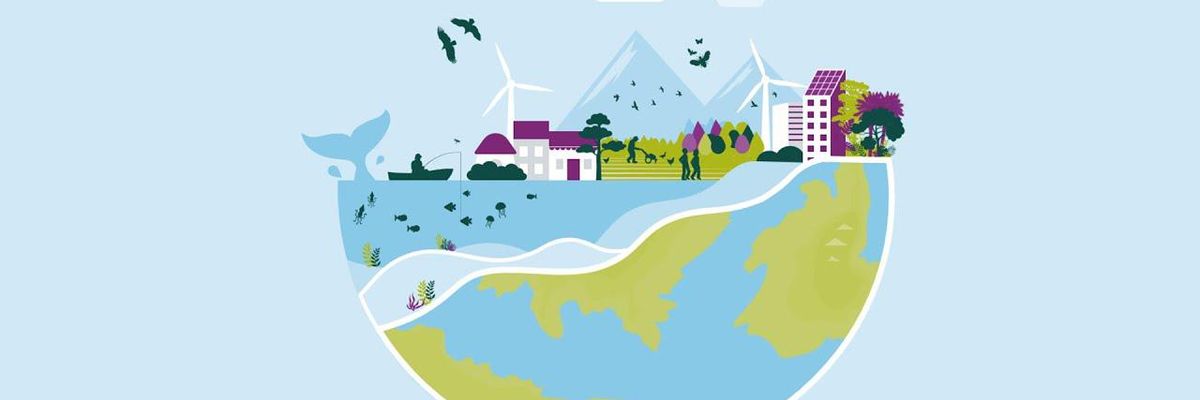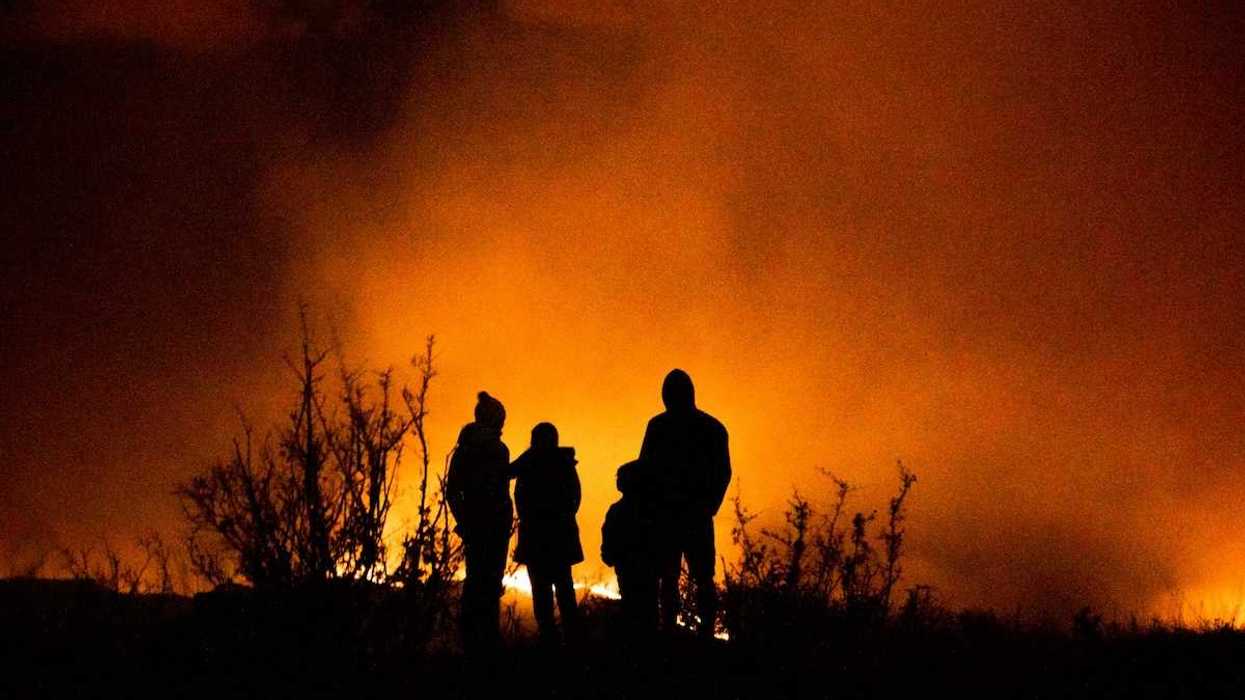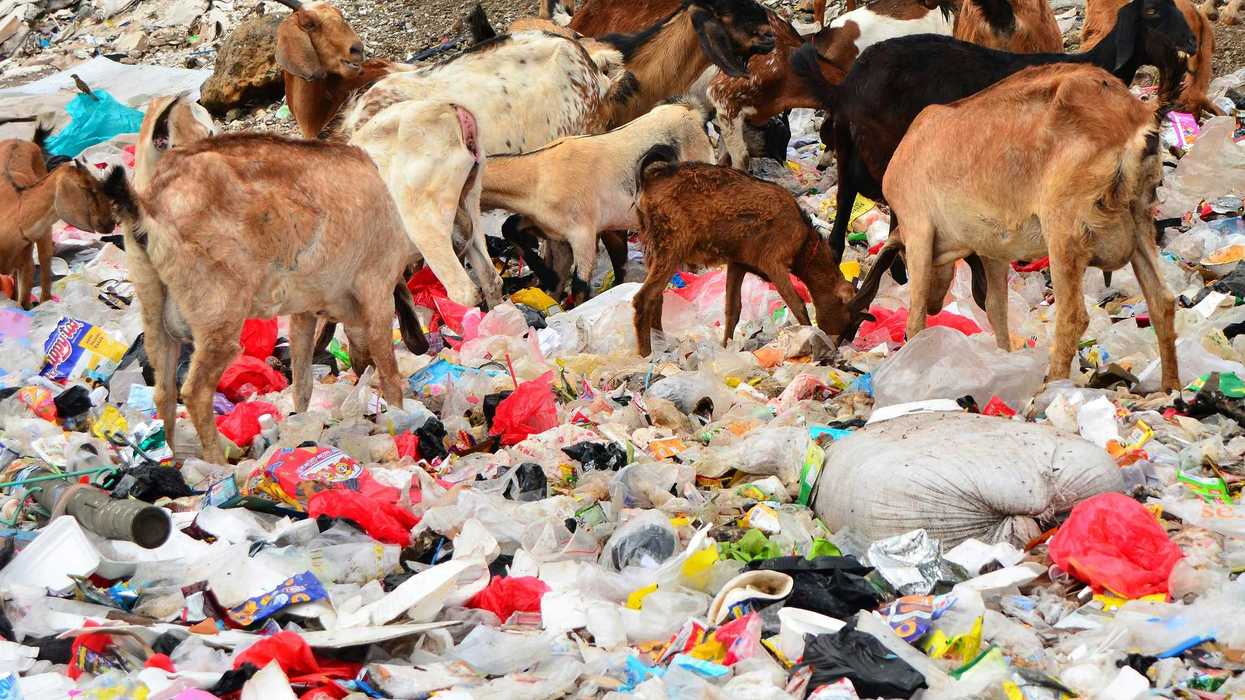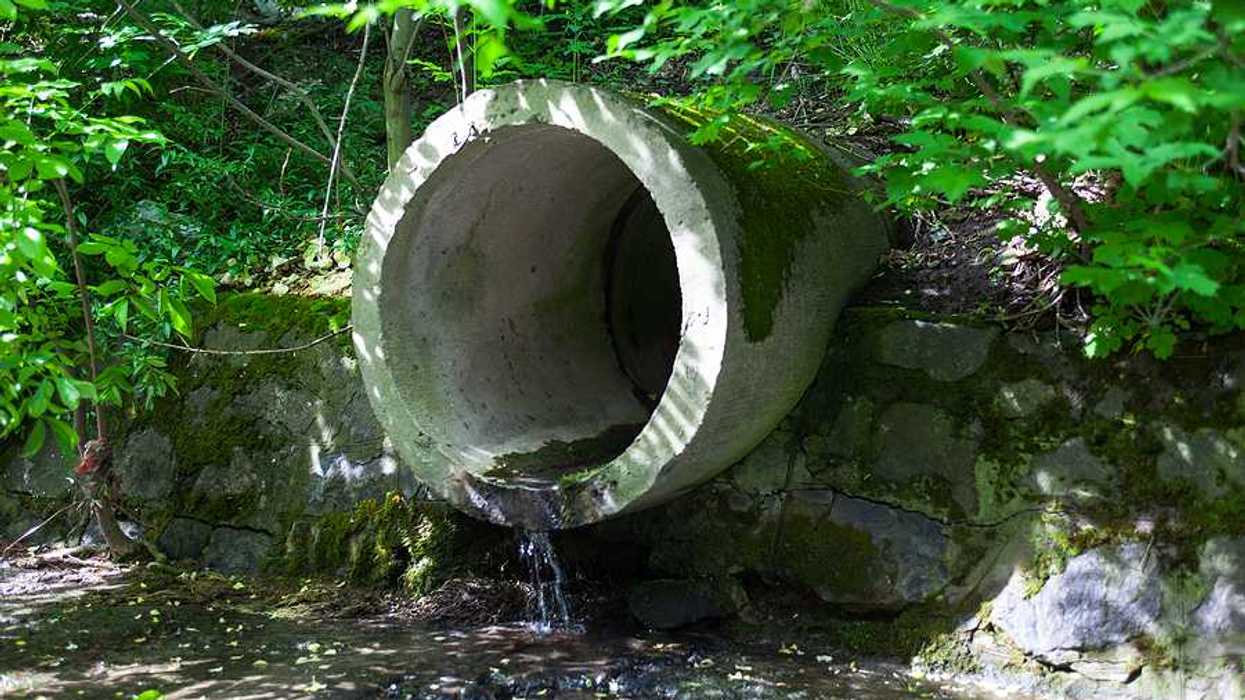A landmark global review of economics and biodiversity finds our global economies are "embedded within nature." Widespread failure to recognize that truth, the study found, endangers livelihoods, well-being, and the prosperity of future generations.
The "Dasgupta Review" was commissioned by the United Kingdom's HM Treasury and was led by economist and professor Sir Partha Dasgupta, a Frank Ramsey Emeritus Professor of Economics at the University of Cambridge.
The review warns that governments and institutions have failed to work with nature in a sustainable way in "that our demands far exceed its capacity to supply us with the goods and services we all rely on."
"Biodiversity is declining faster than at any time in human history. Current extinction rates, for example, are around 100 to 1,000 times higher than the baseline rate, and they are increasing. Such declines are undermining nature's productivity, resilience and adaptability, and are in turn fueling extreme risk and uncertainty for our economies and well-being," the authors wrote.
Sir Dasgupta and Nobel-prize winning biologist Sir Venki Ramakrishnan discuss the report, along with Prince Charles and Prime Minister Boris Johnson, and explore its implications and potential solutions in the video above.
See the full report.

